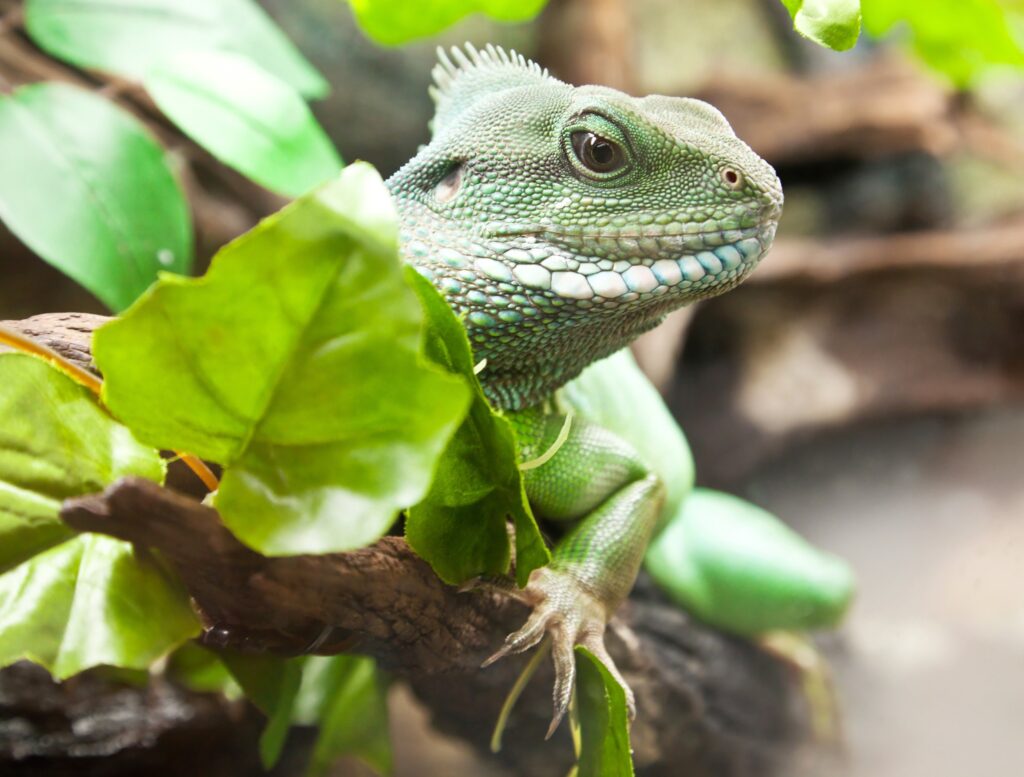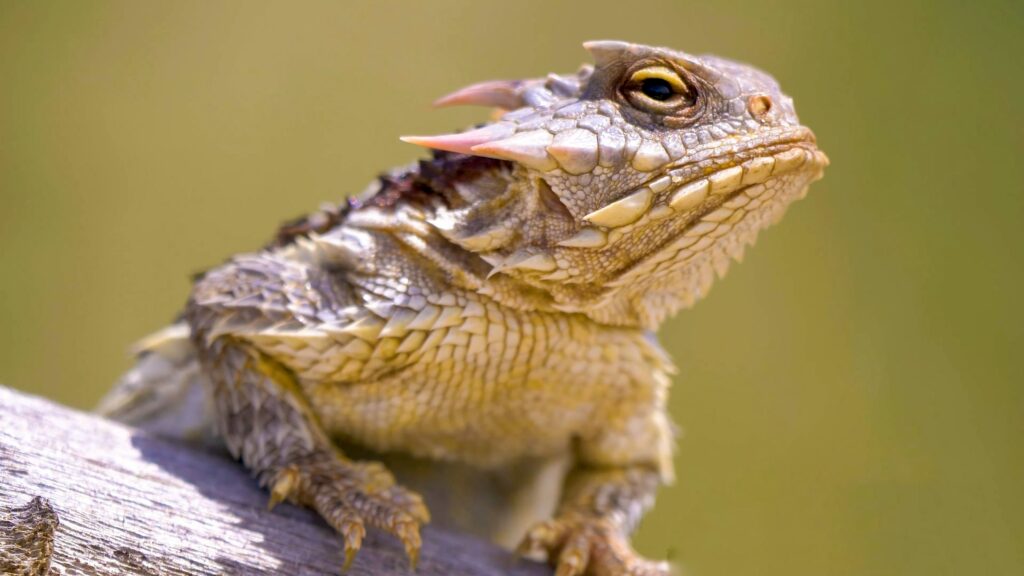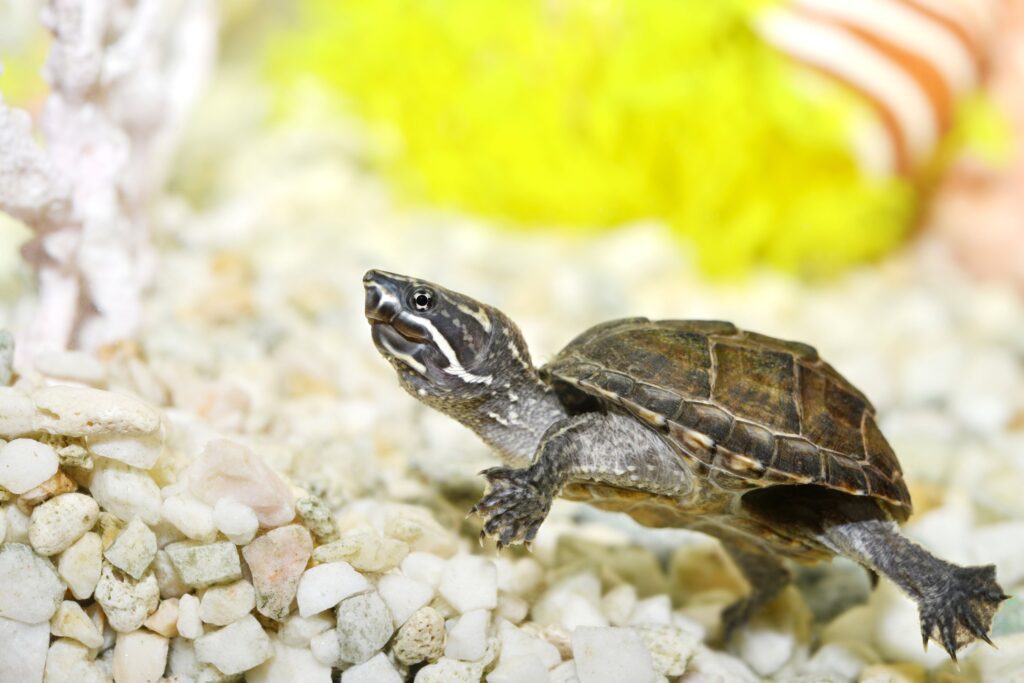The CITES (Convention of International Trade in Endangered Species) 19th Conference of Parties (CoP19) will be held in Panama from the 14th-25th November. Proposals for new amendments have recently been published and there are some commonly-kept species which might see a change in their availability.

What species have been proposed to be added to CITES appendix?
Chinese water dragons (Physignathus cocincinus) are proposed to be added to Appendix II. Although the import of Appendix II species is permitted, restrictive quotas in the source countries could be introduced which could greatly affect the availability of the species.
Water Dragons have been a commonly traded species for many years. Historically, they have been inexpensive, which has been more of a driving force for their popularity than their suitability as a pet. If the species is listed under CITES Appendix II, this will change. The cost will almost certainly increase, and the supply may well decrease or stop altogether, meaning that purchasers are more likely to be individuals who understand the needs of this species. Hopefully this will generate a greater emphasis on captive breeding in the UK and breeders will be able to set prices that more accurately reflect the work required to produce the young.
David Perry, Co-Founder of REPTA added: “Restricting international trade is unlikely to result in a significant improvement in the population status of Chinese water dragons in the wild, with local pressures such as hunting for food and habitat destruction having a greater impact on population decline. However, there probably is a justification to be made for restricting international trade to help provide the species with the status it deserves.”
Both the USA and Mexico have put forward proposals to list horned lizards (Phrynosoma spp.) at species and genus level. This would restrict trade in some capacity and would probably be accompanied with quite small quotas or additional EU/UK measures. Although they are not commonly kept in the UK, they have appeared periodically in recent years. Improvements in husbandry has seen some success in captive breeding of this species but a reduced availability might impact these advances.
Proposals to add two turtle genera, Kinosternon and Sternotherus spp. to CITES Appendix II have also been put forward. Since the removal of species such as red-eared sliders due to the Invasive Alien Species regulations turtle keepers in the UK have been encouraged to keep smaller, more manageable species. This is most commonly the common musk turtle (S. odoratus).
David continued: “While there are some Stenotherus species that are vulnerable to both collecting and habitat loss or destruction, the use of a block listing means that common and widespread species will be included by default. Indeed, the proposal itself emphasises the status of S. odoratus, and the fact that it is also captive-farmed. The listing of these species on Appendix II has the potential to remove the majority of turtle species from the UK market, resulting in either a switch to more unsuitable species, or encouraging illegal trade.”
Other proposals to CITES appendix include glass frogs and snapping turtles which will impact a minority of keepers and breeders.
REPTA (The Reptile and Exotic Pet Trade Association) have recently attended a meeting with the EU CITES team to put their thoughts forward and will continue to engage with both the EU and UK authorities in the run up to the conference. Exotics Keeper Magazine will be covering any advancements to these proposals.
The full list of proposals can be found here: https://cites.org/eng/cop/19/amendment-proposals/provisional

